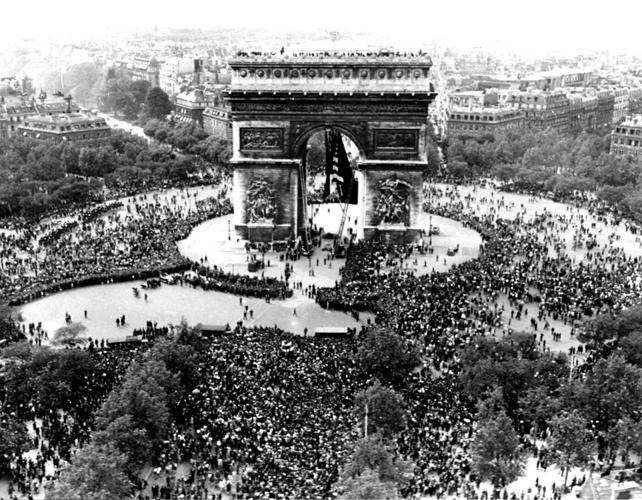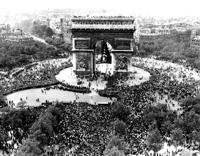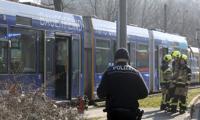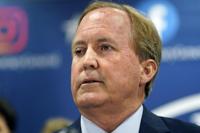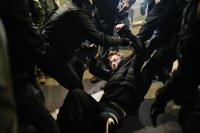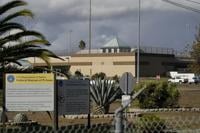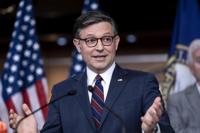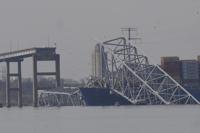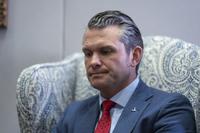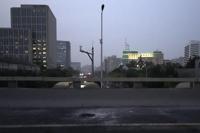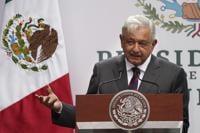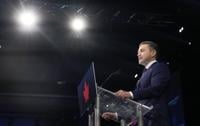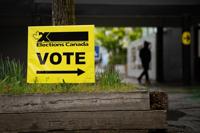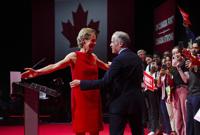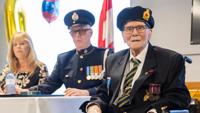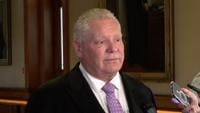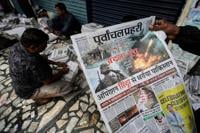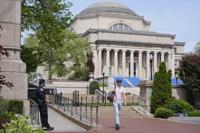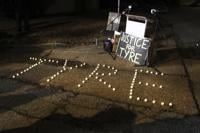LONDON (AP) — Even if the end of World War II in Europe spawned one of the most joyous days the continent ever lived, Thursday’s 80th anniversary of V-E Day is haunted as much by the specter of current-day conflict as it celebrates the defeat of ultimate evil.
Hitler’s Nazi Germany had finally surrendered after a half-decade of invading other European powers and propagating racial hatred that led to genocide, the Holocaust and the murdering of millions.
That surrender and the explosion of hope for a better life is being celebrated with parades in London and Paris and towns across Europe while even the leaders of erstwhile mortal enemies are bonding again.
Yet even if European enemies thrived — to the extent that the 27-nation European Union even won the 2012 Nobel Peace Prize — the outlook has turned gloomy over the past year.
Bodies continue to pile up in Ukraine, where started the worst war on the continent since 1945. The rise of the hard right in several EU member states is putting the founding democratic principles of the bloc under increasing pressure.
And even NATO, that trans-Atlantic military alliance that assured peace in Europe under the U.S. nuclear umbrella and its military clout, is under internal strain rarely seen since its inception.
“The time of Europe’s carefree comfort, joyous unconcern is over. Today is the time of European mobilization around our fundamental values and our security,” Polish Prime Minister Donald Tusk said at a Dutch memorial event in the lead-up to the celebrations to mark the 80th anniversary of V-E Day on May 8, 1945.
It makes this unlikely stretch of peace in Europe anything but a given.
"This peace is always unsure. There are always some clouds above our heads. Let’s do what we can, so that peace should reign forever in Europe,” Robert Chot, a Belgian World War II veteran, told a solemn gathering of the European legislature.
European Parliament President Roberta Metsola sounded gloomy.
“Once again war has returned to our continent, once again cities are being bombed, civilians attacked, families torn apart. The people of Ukraine are fighting not only for their land, but for freedom, for sovereignty, for democracy, just as our parents and our grandparents once did," she told the legislature on Wednesday.
“The task before us today is the same as it was then to honor memory, to protect democracy, to preserve peace,” Metsola said.
Commemorations have been going all week through Europe, and Britain has taken a lead. Here too, the current-day plight of Ukraine in its fight against Russia took center stage.
“The idea that this was all just history and it doesn’t matter now somehow, is completely wrong,” U.K. Prime Minister Keir Starmer said. "Those values of freedom and democracy matter today.”
In London later Thursday, a service will be held in Westminster Abbey and a concert, for 10,000 members of the public, at Horse Guards Parade. In Paris, French President Emmanuel Macron is expected to oversee a ceremony at the Tomb of the Unknown Soldier at the Arc de Triomphe.
And in Berlin, Chancellor Friedrich Merz will again highlight how Germany has remodeled itself into a beacon of European democracy by laying a wreath at the central memorial for the victims of war and tyranny.
And, symbolically, Russia and President Vladimir Putin will be totally out of lockstep with the rest of Europe, celebrating its Victory Day one day later with a huge military parade on Red Square in central Moscow to mark the massive Soviet contribution to defeat Nazi Germany.
___
Raf Casert reported from Brussels. Mike Corder contributed from Wageningen, Netherlands.

